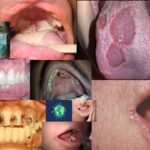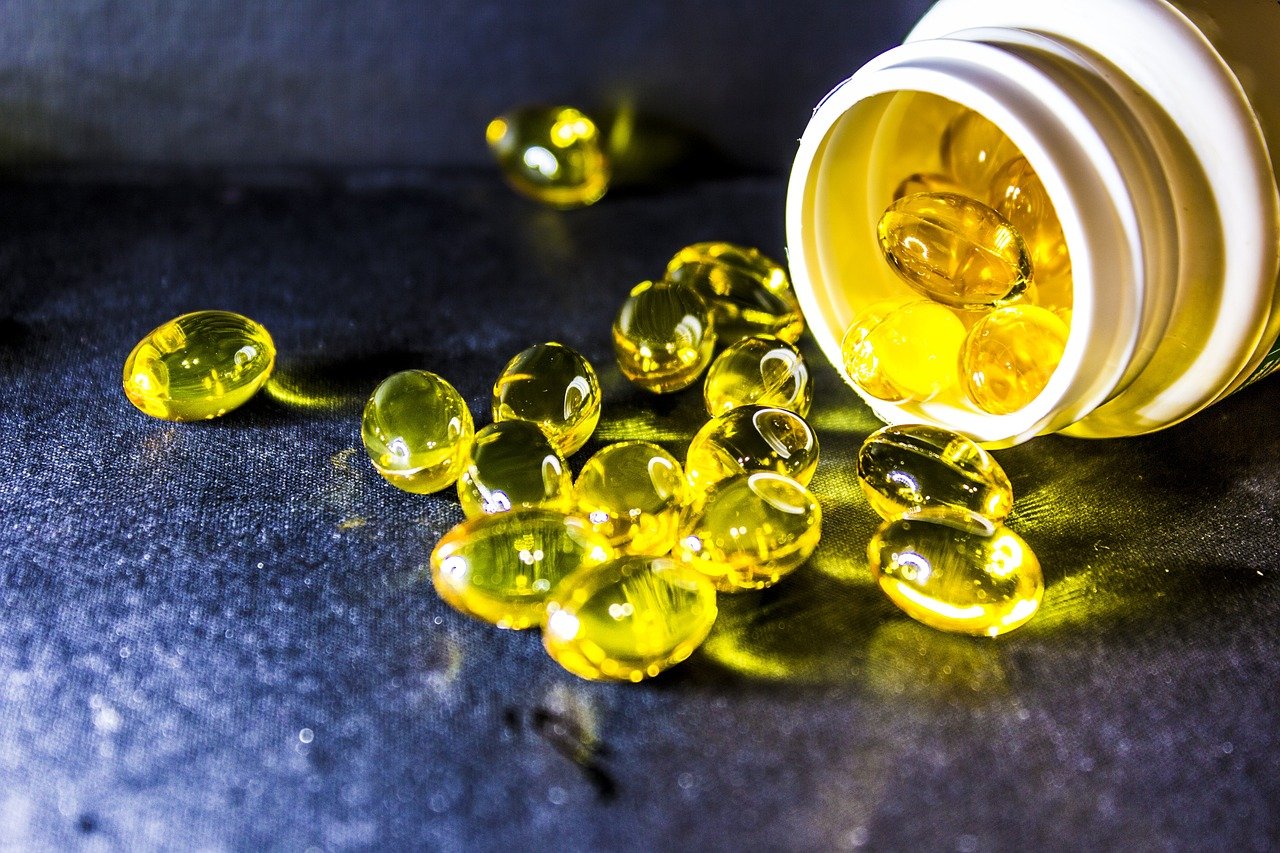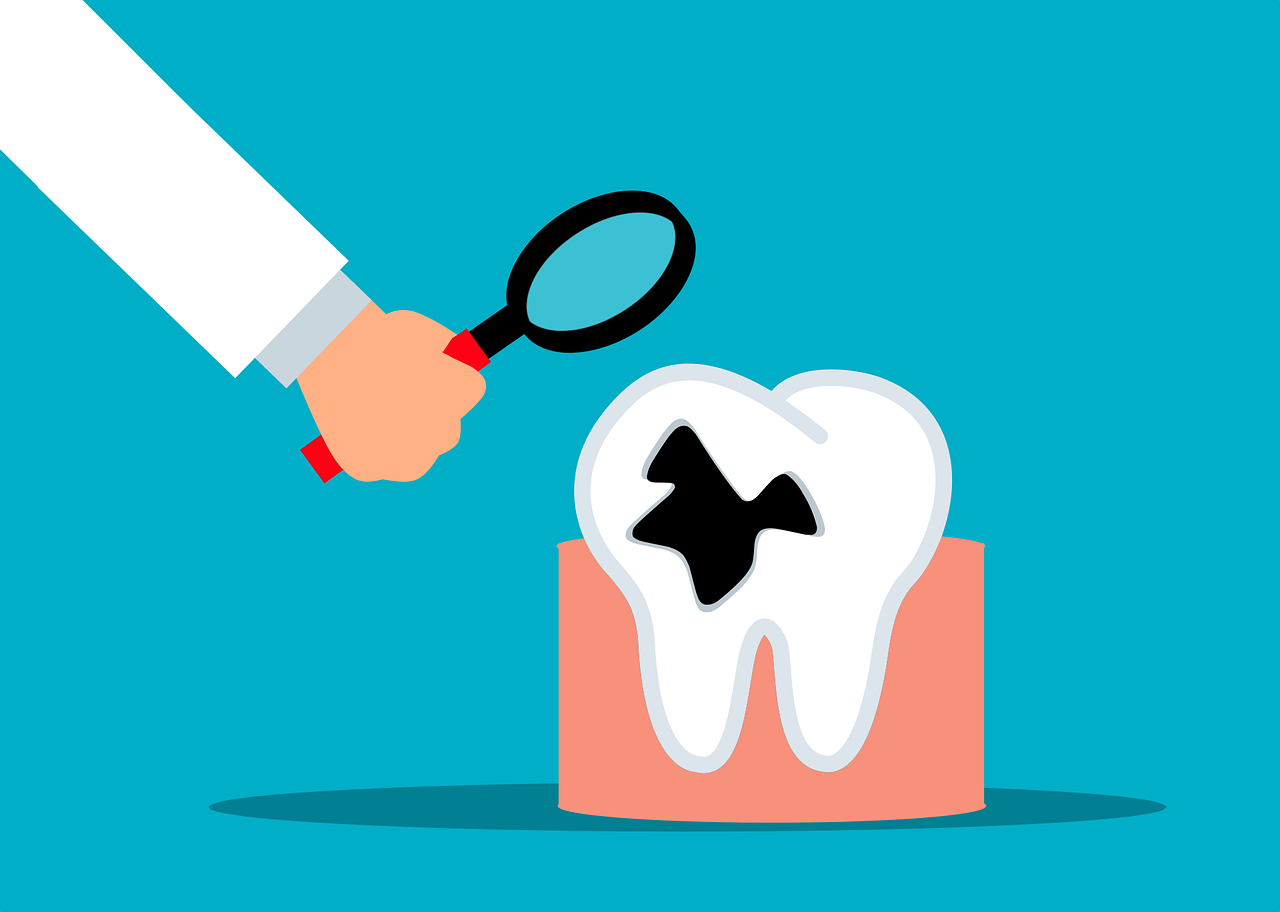The kidneys regulate the fluid volume inside human body. It also helps in excretion of nitrogenous wastes outside the body, balanced the acid-base pH, synthesize certain hormones like renin, erythropoietin and 1-25 dihydroxy cholicalciferol. Renal or kidney failure occurs when the kidneys lose the ability to filter out enough waste from the blood. Kidney failure mostly depends on the onset of the disease, i.e., whether it is acute (short term) or chronic (long term) or location that precipitates nephron (cells of kidneys) destruction.
To every action there is an equal and opposite reaction. This rule applies to human body as well. The changes occurring in any organ system of the body will surely directly or indirectly be presented in the mouth. The relation between the kidney disease and changes seen in oral mucosa (tissues inside mouth) is no different from other diseases that shows there existence inside mouth.
Some of the changes seen in the mouth due to kidney disease are listed as:
- Low caries incidence: An increase of urea levels in saliva leads to lower incidence of caries risk among the individuals suffering from kidney disorders. Urea helps in neutralizing the sugars in the food thus lowering the caries risk.
- Increased calculus: The levels of calcium, phosphorus, magnesium are altered in case of kidney disease which is seen as hard deposits over the tooth surface.
- Increase bleeding from the gums: There arises a defect in clotting time along with abnormal platelet production which is responsible for bleeding from the gums.
- Dry mouth: Dry mouth or xerostomia in kidney disease arises due to combination of chemical inflammation, involvement of salivary glands and mouth breathing.
- Halitosis (bad smell from mouth): As the urea in the saliva breaks downs to ammonia in the mouth, it leads to a typical ammoniacal breath from the patients suffering from kidney failure.
- Salivary gland disorder: The enlargement of salivary glands with decreased amount of salivary flow occurs in long term kidney failure.
- Tooth abnormalities: Increase in mobility of tooth, drifting of tooth from their position leading to malocclusion and pain on mastication are some of symptoms patient presents while having a kidney disease. Apart from this, severe tooth erosion occurs as a result of demineralization of outermost and most hard layer of tooth, i.e., enamel. Dark brown stains are also evitable on the tooth surface due to the present of uremic crystals in the saliva.
- Pale oral mucosa: Erythematous or red oral mucosa (inner cheek and lip area) with thick pultaceous coat is seen in kidney patients which is called as uremic stomatitis. In the presence of decreased salivary flow, the urea crystals deposit on different surfaces inside the mouth and form a white plaque known as uremic frost.
- Oral candidiasis: Candida is an opportunistic superficial fungal infection. Hence, it makes its way in the mouth of the patient suffering from kidney disease.
- Burning mouth: In the absence or decreased levels of saliva in the mouth, the mucosa of mouth becomes dehiscent and the patient feels a sense of burning in the mouth.
- Jaw enlargement: Bones of both the jaws especially the maxilla is seen to enlarge in the patients suffering from kidney disease for longer period of time.
- Pathological fracture: Thinning of the compact bone may lead to fracture of the jaw. This even complicates the extraction of tooth in such patients. “Brown Tumor” is the area of old hemorrhage in the jaw area and appears brown in the mouth involving any of the two jaws.
- Effect on Temporo-mandibular joint: Extreme demineralization of the joint surface and surrounding areas lead to the collapse of the jaw. This may also be presented as malocclusion or deranged tooth position in the mouth.
- Socket sclerosis: Abnormal bone remodeling after the tooth extraction (removal) leads to deposition of dead bone in the socket.
Dental considerations while treating a patient of kidney failure:
Proper history of the disease with the medications has to be noted by the concerned dentist before treating such patients. A thorough physical examination is mandatory before treating such patients. Routine dental radiographs, serological tests along with HCV, HBV, HIV have to be done. Hemostatic agents have to be used while performing any oral surgical procedure on the patient. Maintain the patient in comfortable cramped position while performing any procedure and try keeping short duration of appointments for the patients. Institute a therapy for treating dry mouth and encourage meticulous home care for the patients. Drugs such as magnesium containing antacids, potassium containing iv fluids, sodium containing carbenicillin, ascorbic acid, nephrotoxic agents like phenacetin should be avoided in kidney patients. Ensure routine recall maintenance and encourage the patients to drive towards a healthy life.
Role of dentists in managing a patient health suffering from kidney disease:
Renal or kidney failure is a top listed health care problem in many countries of the world including USA, India etc. The disease has multiple manifestations and repercussions of treatment seen in the mouth. Hence, these patients require special attention and precautions in the face of dental treatment. In consultation with a general physician or a nephrologist, dental surgeons can carry out the best and timely dental treatment with proper pharmacological adjustments in order to avoid major complications in the dental setup.







